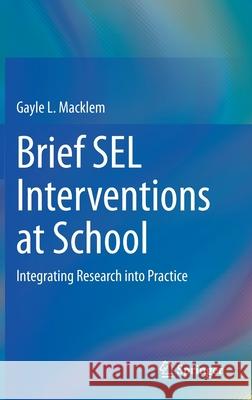Brief Sel Interventions at School: Integrating Research Into Practice » książka
topmenu
Brief Sel Interventions at School: Integrating Research Into Practice
ISBN-13: 9783030656942 / Angielski / Twarda / 2021 / 251 str.
Brief Sel Interventions at School: Integrating Research Into Practice
ISBN-13: 9783030656942 / Angielski / Twarda / 2021 / 251 str.
cena 442,79
(netto: 421,70 VAT: 5%)
Najniższa cena z 30 dni: 424,07
(netto: 421,70 VAT: 5%)
Najniższa cena z 30 dni: 424,07
Termin realizacji zamówienia:
ok. 16-18 dni roboczych.
ok. 16-18 dni roboczych.
Darmowa dostawa!
Kategorie:
Kategorie BISAC:
Wydawca:
Springer
Język:
Angielski
ISBN-13:
9783030656942
Rok wydania:
2021
Wydanie:
2020
Ilość stron:
251
Waga:
0.54 kg
Wymiary:
23.39 x 15.6 x 1.6
Oprawa:
Twarda
Wolumenów:
01
Dodatkowe informacje:
Wydanie ilustrowane











